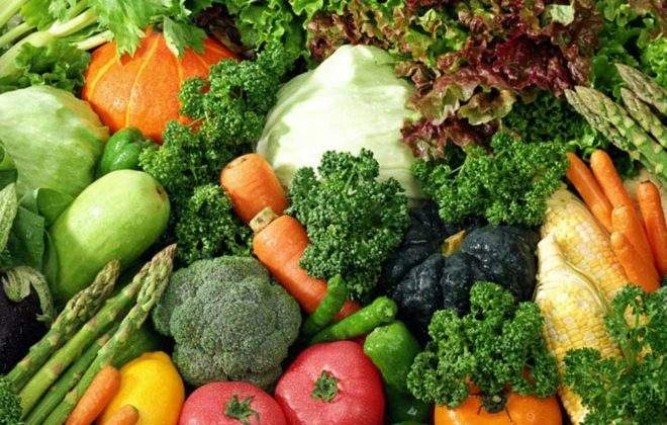ISLAMABAD – Federation of Pakistan Chambers of Commerce and Industry (FPCCI) Regional Chairman on Horticulture Exports Committee Ahmad Jawad Wednesday underlined the need for value addition in the horticulture sector.
He was of the view that the horticulture sector did not perform well as value-addition dropped from 14.50 percent (in 2005-06) to 11.30 percent (in 2015-16), a press release said. He said, “Transformation from subsistence to commercial agriculture can only be achieved by fully availing the synergy among pre-production and post-production cycles. That can only come by adding value at each stage.”
He said the strategic thrust, thus, needed to be on value-addition and value-chain investment and only then, agriculture could become the engine of economic growth and poverty alleviation. Listing international examples, Jawad said that Chile, China and India reaped rich dividends through investment on value-addition in agriculture, especially in horticulture products.
Tanzania, a poor country, was able to make massive economic strides through investment on value-addition, he added. The FPCCI Panel chief mentioned that Bangladesh earned $6 billion by adding value to one million bales of cotton, whereas Pakistan earned only $1.5 billion from the same amount of cotton. To ensure quality, he said, elaborate standard-systems are being used across the world like sanitary and phyto-sanitary measures, traceability of agro-chemicals residues, good agricultural practices, quarantine treatments and food packaging safety materials. Besides, he said, there are certification systems like the Hazard Analysis and Critical Control Points, the GlobalGAP, the British Retailer’s Consortium and Monitoring of Maximum Residues Limits, which make the exports competitive in the global markets.




